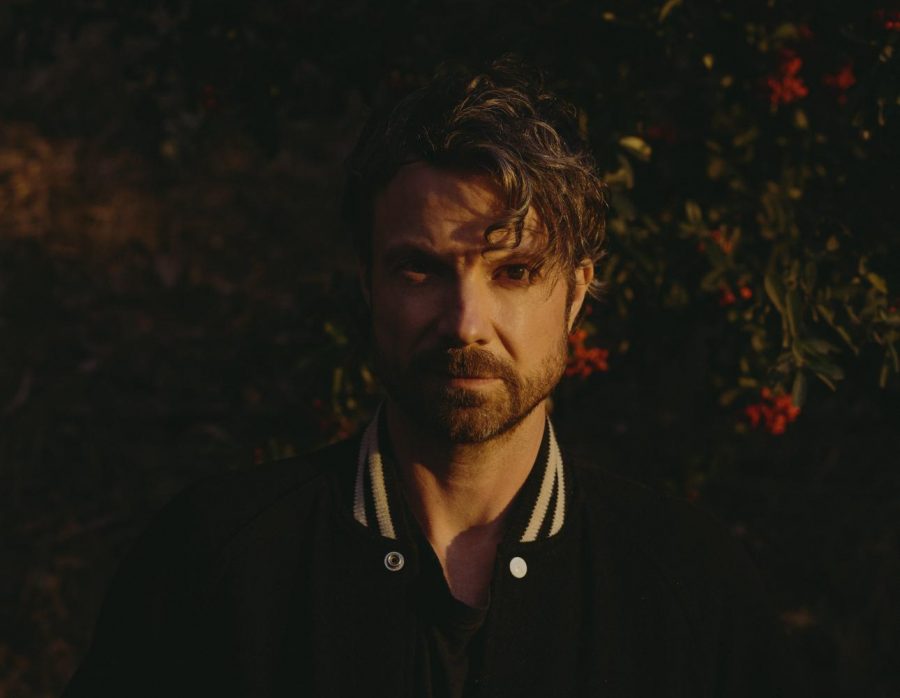Lost in a Dantesque forest forged from the fires of breakup, anxiety about the state of the nation and absolute confusion about his life’s trajectory, Alex Brown Church confesses that his latest album is the product of turmoil — a testament to the brutality of the creative process.
“‘Through A Dark Wood’ is about a period of time” stated Church. “It’s a work of experimentation and self-reflection, and I feel like I achieved what I wanted to achieve.”
After grappling with the dissatisfaction brought about by his previous and never-to-be-released artistic venture, an album that he’s described as poetically experimental but ultimately just disappointing, “Through A Dark Wood” sees Church embracing structure, simplicity and sincerity as a vessel for emotional release. In Church’s words: “The result is a catharsis record.”
Church’s decision to abandon intricacy in favor of clarity lends a wholly relatable angle to his work that appeared to be missing in the past. Choosing to “wear his heart on his sleeve,” Church stated that the fact that these are his most “straightforward lyrics out of any of his records” allows him to be vulnerable in a day and age that demands “sincerity.” The anxiousness produced by the 2016 elections made him reevaluate what it meant to put art out there in such a troubling climate. After prolonged pensiveness, it seems he’s reached the conclusion that times like these call for honesty and understanding, emotions he aims to convey with his latest record.
Church expressed that working on “Through a Dark Wood” allowed him to truly “dig into heart-break through soul-searching,” a valuably torturous process that seems to have changed him. On tracks like “Back to the Wind” and “Fear of Failure,” Church whole-heartedly professes his anxiousness about taking on adult responsibilities and facing defeat time and time again. He’s never sounded as vulnerable and as a result his songs carry more weight than ever before.
“I would say this album was totally influenced by my experience [apropos of his recent years of distress]” Church said.
The echoes of Leonard Cohen and Bob Dylan still ring in his voice, but his message is more personal than ever. Each song resonates with liberated worries, painting a beautifully haunting picture of a man coming to terms with his current condition of dejection.
“I was aware of where I was at and I was considering what each song would be about [during the writing process]” Church said.
As a result, the album takes on a cinematic narrative that explores a myriad of emotions that ultimately come together in an optimistically loving finale that reflects Church’s current ideology of honesty and understanding.
With regards to his album’s narrative arc, Church stated that “what [he] learned in film school has always played into [his] music.” There’s a dramatic direction underlying the album’s succession that works like a meditative exhale, capturing intense disquiet and converting it into peacefulness through thought.
“I didn’t set out to make the album like that on purpose, but it just turned out that way” Church said.
As a map for Church’s emotional exploration over the latter half of the last decade, “Through A Dark Wood” guides the listener from suffocating woodland despair into cathartic serenity.
The last two tracks, “Frank O’Hara” and “Two of Us” radiate with the same intensity as the light at the end of a tunnel. For an album etched in the distraught, it’s finale projects an immense amount of hope. Church is somewhere much different than when he started working on the album: he’s managed to escape his qualms and now he’s got a beautiful, musical diary about his journey that the whole world can listen to and find comfort in seeing their same worries vocalized so delicately.
A version of this article appears in the Monday, March 9, 2020, print edition. Email Nicolas Pedrero-Setzer at [email protected].























































































































































